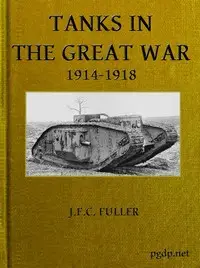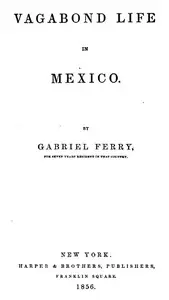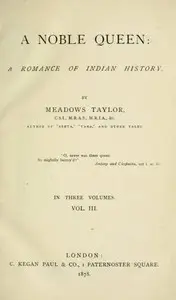"Tanks in the Great War, 1914-1918" by J. F. C. Fuller is a historical account written in the early 20th century. The book delves into the development, deployment, and significance of tanks during World War I, focusing on the British Tank Corps’ innovations and experiences. It likely offers insights on both the technical aspects of tank warfare and the broader implications of this military advancement on the conduct of war. The opening portion of the book introduces the author’s dedication to military innovators, factory workers, and soldiers who contributed to tank development during the Great War. Fuller shares his personal experiences, starting with his first encounter with a tank in August 1916, before later becoming a key figure in the Tank Corps. This introduction sets the stage for a detailed exploration of the origins and evolution of tanks, outlining the challenges and triumphs faced by those involved in their creation and implementation in warfare. Fuller's reflections hint at a narrative that balances technical analysis with personal anecdotes, aiming to connect the reader with the historical significance of the tank as a revolutionary military invention. (This is an automatically generated summary.)

Tanks in the Great War, 1914-1918
By J. F. C. (John Frederick Charles) Fuller
"Tanks in the Great War, 1914-1918" by J. F. C. Fuller is a historical account written in the early 20th century. The book delves into the development...
Major-General John Frederick Charles "Boney" Fuller was a senior British Army officer, military historian, and strategist, known as an early theorist of modern armoured warfare, including categorising principles of warfare. With 45 books and many articles, he was a highly prolific author whose ideas reached army officers and the interested public. He explored the business of fighting, in terms of the relationship between warfare and social, political, and economic factors in the civilian sector. Fuller emphasised the potential of new weapons, especially tanks and aircraft, to stun a surprised enemy psychologically.













